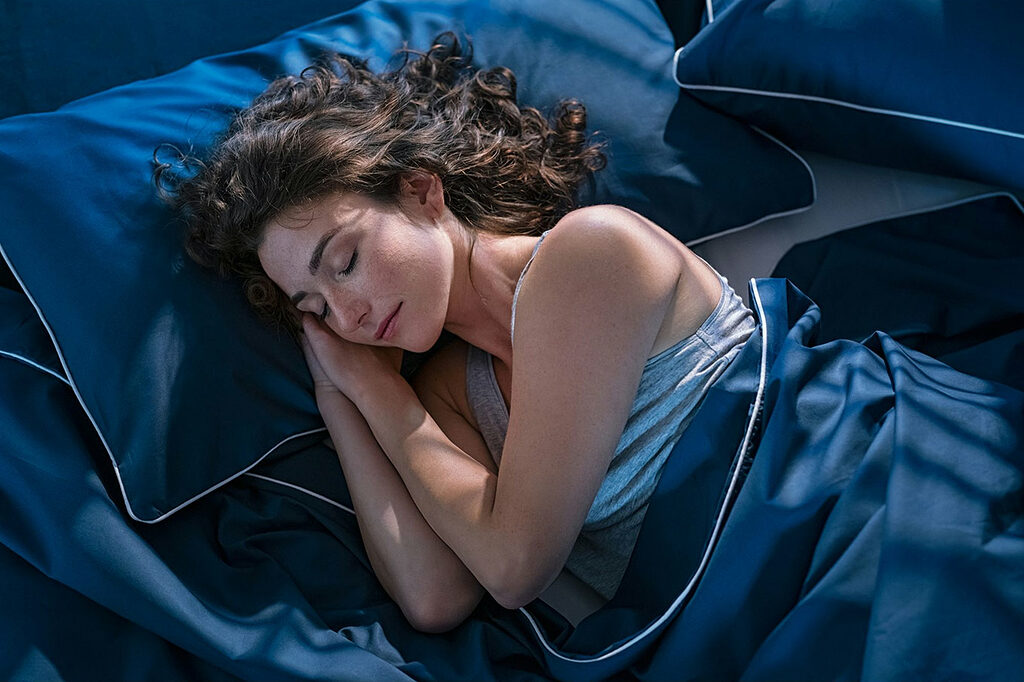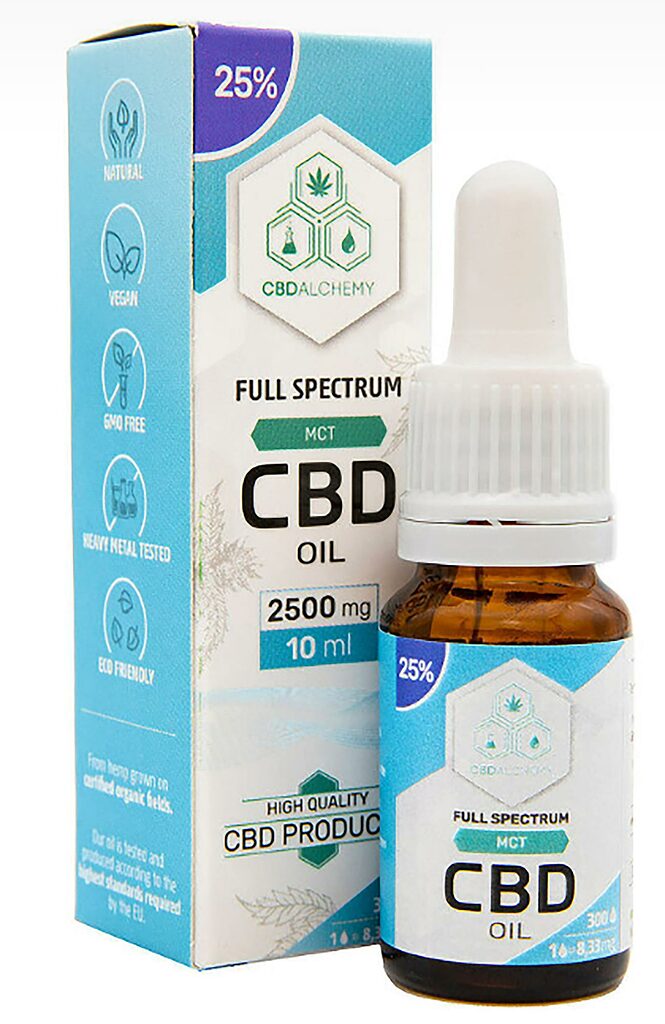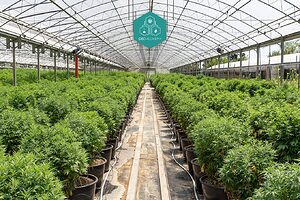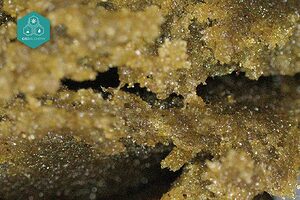Getting a good night’s sleep is so important. People who are well-rested are healthier, happier, more patient, and more productive. But sometimes, it’s hard to turn off your thoughts and relax enough to fall asleep. Or you may fall asleep fine but then wake up later in the night and be unable to fall back asleep.
Cannabidiol (CBD) is the most common cannabinoid in hemp and is gaining popularity as a supplement with the potential to support wellness and relaxation and ease stress. CBD’s anti-inflammatory and anti-anxiety properties may result in better sleep.
Could CBD help you sleep better?

Benefits of Good Sleep
Sleep is a non-negotiable! When you don’t get enough of it, your brain is in a fog. Your decision-making abilities are impaired, and simple tasks like having a conversation or driving a car can feel difficult or even be dangerous.
Sleep is essential for a healthy life! Benefits of good sleep include:
- Boosts the immune system
- Helps regulate metabolism
- Reduces stress
- Promotes clear thinking and decision making
- Increases overall happiness
All of your body systems function more effectively and efficiently when you get enough sleep.
So how much sleep is enough? According to the National Sleep Foundation, healthy adults function best when they get 7-9 hours of sleep per night.
It’s definitely hard to budget that amount of time for sleeping when you’re an adult with a job, pets, and kids.
But it’s even more frustrating when you, absolutely exhausted, finally settle in for the night to get as close to those 8 hours as you can– and then toss and turn, mind racing, for hours. Insomnia can be torture! Can CBD help?
What do we know about CBD’s effect on sleep?
From a human clinical trials perspective, not a lot, unfortunately. While anecdotal evidence seems to show that CBD aids in sleep, there have been no placebo-controlled clinical trials that have measured the effects on insomnia of CBD on its own.¹
There have been studies that used CBD in conjunction with THC which showed potential for relief from restless legs syndrome, sleep apnea, PTSD nightmares, and insomnia.² But more research is needed on CBD’s solo effect on sleep.
However, many people swear by CBD for better sleep. This could be attributed to CBD’s effects on inflammation and anxiety, which could in turn lead to better sleep.
For example, CBD has been demonstrated to have an inhibiting effect on inflammation in the body. This is due to its interaction with the CB2 receptors in our endocannabinoid system. This interaction “reduces oxidative stress and inflammation”.³
And reducing inflammation may lead to less pain. While more research is certainly needed, there is some preliminary evidence that CBD can reduce pain in healthy adults.⁴ So if pain is what is keeping you up at night, taking CBD before bed to reduce pain (and in turn, increase sleep) might be a good idea.
Some studies have also shown that CBD can help ease anxiety.⁵ And because it is anxious thoughts that keep many folks tossing and turning, reducing those could also have a direct positive effect on sleep quality.

What happens when you take CBD before bed?
But improving sleep with CBD is not as easy as just taking your normal dose of CBD before bed. In fact, you might find that taking CBD right before you hit the hay might make you more wakeful. Oh no!
This is because CBD is biphasic. A biphasic substance is one that has a particular effect at low to moderate doses, but has an opposite effect at higher doses.
In the case of CBD, low to moderate doses actually make you more wakeful and able to focus on the task at hand. So it wouldn’t be a great idea to take a small dose of CBD right before bed.
However, a high dose of CBD before bedtime might do the trick. High doses of CBD have been shown to have a soporific effect. “In one insomnia study, high doses (160 mg) of CBD were shown to improve the length and quality of sleep”.⁶
When to Take CBD for Sleep
But taking a high dose of CBD every night before bed could be cost-prohibitive. It’s probably a better idea to take low doses of CBD throughout the day and stop taking it about two hours before you tuck yourself in (perhaps take your last dose of the day right at the beginning of your bedtime routine).
While a dose of CBD won’t knock you out for the night, its calming effects on pain and anxiety throughout the day can help ease some of the difficulties that have been hindering your sleep.
“Because CBD has effective anti-anxiety and calming effects, the experience of better sleep with CBD is not because CBD is causing drowsiness, but rather because the anxiety relief and relaxation it provides [throughout the day] allows for better quality of rest”.⁷

How to Take CBD for Sleep
There are many different forms of CBD, and you can use whichever method you prefer. Some different ways to take CBD are:
- Putting CBD oil under your tongue (the sublingual method)
- Swallowing CBD capsules
- Adding CBD to your food or drink
- Smoking CBD (hemp) flower
Not sure how much to take? Check out our blog about how to get started with CBD oil.
Best CBD for Sleep
If you’re interested in taking CBD and hoping it might help with sleep, look for broad spectrum or full spectrum CBD. These contain terpenes, some of which are natural sedatives. Examples of terpenes that promote relaxation include terpinolene, linalool, and myrcene.
CBD Alchemy offers broad spectrum and full spectrum CBD, as well as pure CBD if that’s what you prefer. We also carry a CBD/Melatonin blend.
Our CBD is always pure and potent, pesticide and chemical free, and backed by third-party testing and lab reports. Shop CBD Alchemy now!
Bibliography and additional resources:
¹ Does CBD Help With Insomnia? New York Times –
https://www.nytimes.com/2022/08/30/well/live/does-cbd-help-with-insomnia.html
² Suraev AS, Marshall NS, Vandrey R, McCartney D, Benson MJ, McGregor IS, Grunstein RR, Hoyos CM. Cannabinoid therapies in the management of sleep disorders: A systematic review of preclinical and clinical studies. Sleep Med Rev. 2020 Oct;53:101339. doi: 10.1016/j.smrv.2020.101339. Epub 2020 May 16. PMID: 32603954.
https://pubmed.ncbi.nlm.nih.gov/32603954/
³ Atalay S, Jarocka-Karpowicz I, Skrzydlewska E. Antioxidative and Anti-Inflammatory Properties of Cannabidiol. Antioxidants (Basel). 2019 Dec 25;9(1):21. doi: 10.3390/antiox9010021. PMID: 31881765; PMCID: PMC7023045.
https://www.ncbi.nlm.nih.gov/pmc/articles/PMC7023045/
⁴ De Vita MJ, Maisto SA, Gilmour CE, McGuire L, Tarvin E, Moskal D. The effects of cannabidiol and analgesic expectancies on experimental pain reactivity in healthy adults: A balanced placebo design trial. Exp Clin Psychopharmacol. 2022 Oct;30(5):536-546. doi: 10.1037/pha0000465. Epub 2021 Apr 22. PMID: 34251840; PMCID: PMC8531169.
https://psycnet.apa.org/doiLanding?doi=10.1037%2Fpha0000465
⁵ Petrie GN, Nastase AS, Aukema RJ, Hill MN. Endocannabinoids, cannabinoids and the regulation of anxiety. Neuropharmacology. 2021 Sep 1;195:108626. doi: 10.1016/j.neuropharm.2021.108626. Epub 2021 Jun 8. PMID: 34116110.
https://www.sciencedirect.com/science/article/abs/pii/S0028390821001805?via%3Dihub
⁶ Eileen Konieczny, RN, Healing with CBD (Berkeley: Ulysses Press, 2018), 155
⁷ Konieczny, 155
⁸ CBD for sleep – Project CBD
https://www.projectcbd.org/reports/cultivating-wellness/sleep






